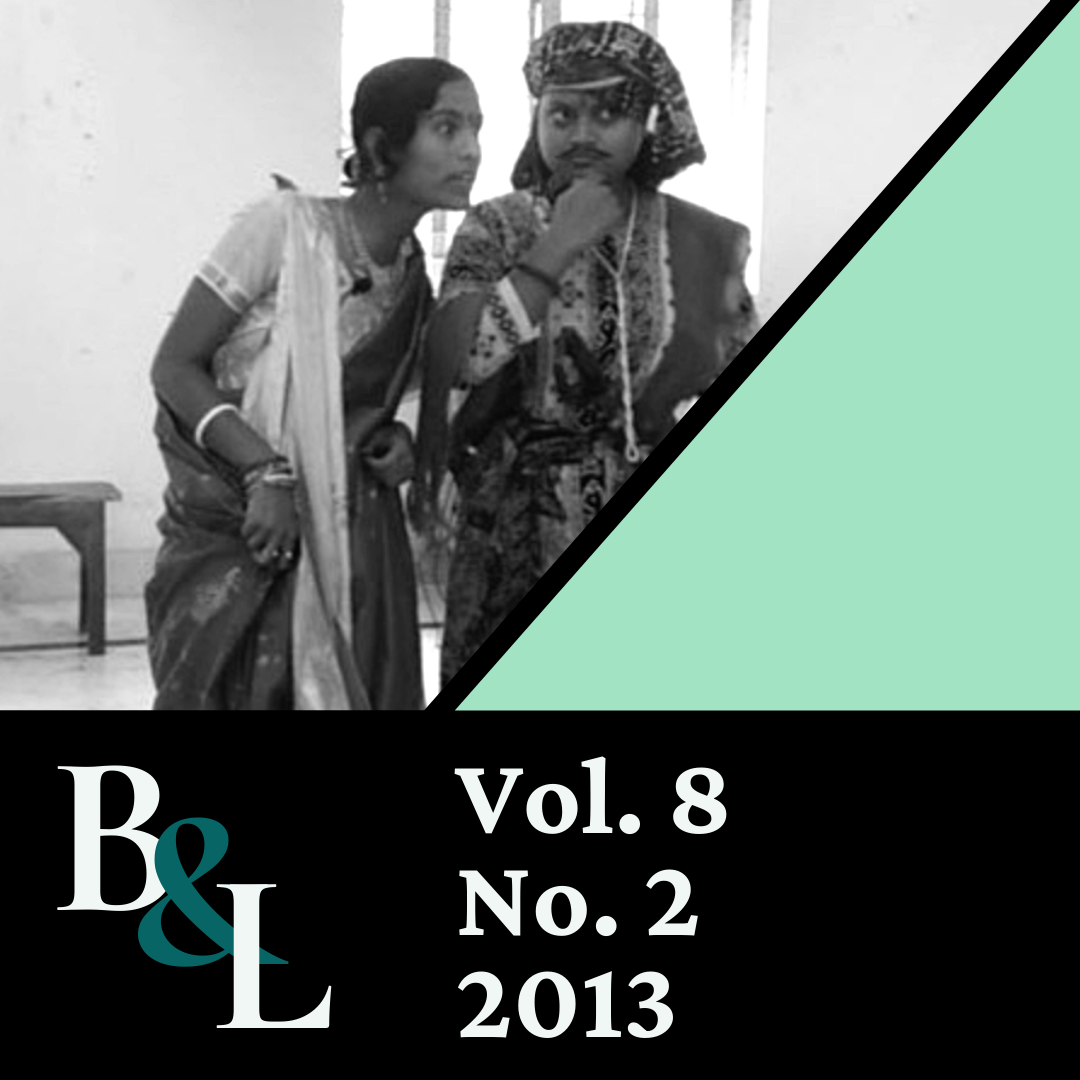The Fiendlike Queen
Recuperating Lady Macbeth in Contemporary Adaptations of Macbeth
Keywords:
Macbeth, Lady Macbeth, NovelAbstract
Many adaptations and appropriations in recent decades have attempted to recast the "fiend-like queen" Lady Macbeth in a more positive light — a difficult task, given her actions in Shakespeare's play. These representations move far away from earlier texts in which "Lady Macbeth" is little more than a synonym for a murderous woman. Several recent works of popular culture seek, instead, an explanation or rationale for her participation in Duncan's murder through reference to her earlier marriage and son by that marriage (both suppressed in Shakespeare's play), to her situation as a woman in a culture of Celtic masculinity, and even to a supposed daughter, with whom she is ultimately reunited. The result is a repentant, heroic, even justified Lady Macbeth. Among the works discussed are Gordon Bottomley, Gruach(1919), Susan Fraser King, Lady Macbeth: A Novel (2008), Lisa M. Klein, Lady Macbeth's Daughter (2009), and A. J. Hartley and David Hewson, Macbeth: A Novel (2012).


